Consciousness Club #36: Literature and the Problem of Other Minds
Speaker: Erik Hoel (Tufts University)
Abstract: What is the purpose of fictional stories? Why are humans attracted to reading about or watching events that never happened? As the mediums we use to tell stories shifts (such as from novels to TV) what do we lose, and what do we gain? Some have offered explanations to these questions by hypothesizing that forms like literature build empathy, or, as David Foster Wallace put it, are a "cure for loneliness." But what if saying the purpose of fictions is entertainment, loneliness, or even empathy training, is selling fictional stories short? Drawing from contemporary evolutionary biology, the neuroscience of dreams, and philosophy of mind, I propose an answer to these questions that reveals how irreplaceable the novel is in our culture, and how much will be lost should it lose its grip as a medium.
Entrance is free. Eventbrite registration is required. Click here to register.











